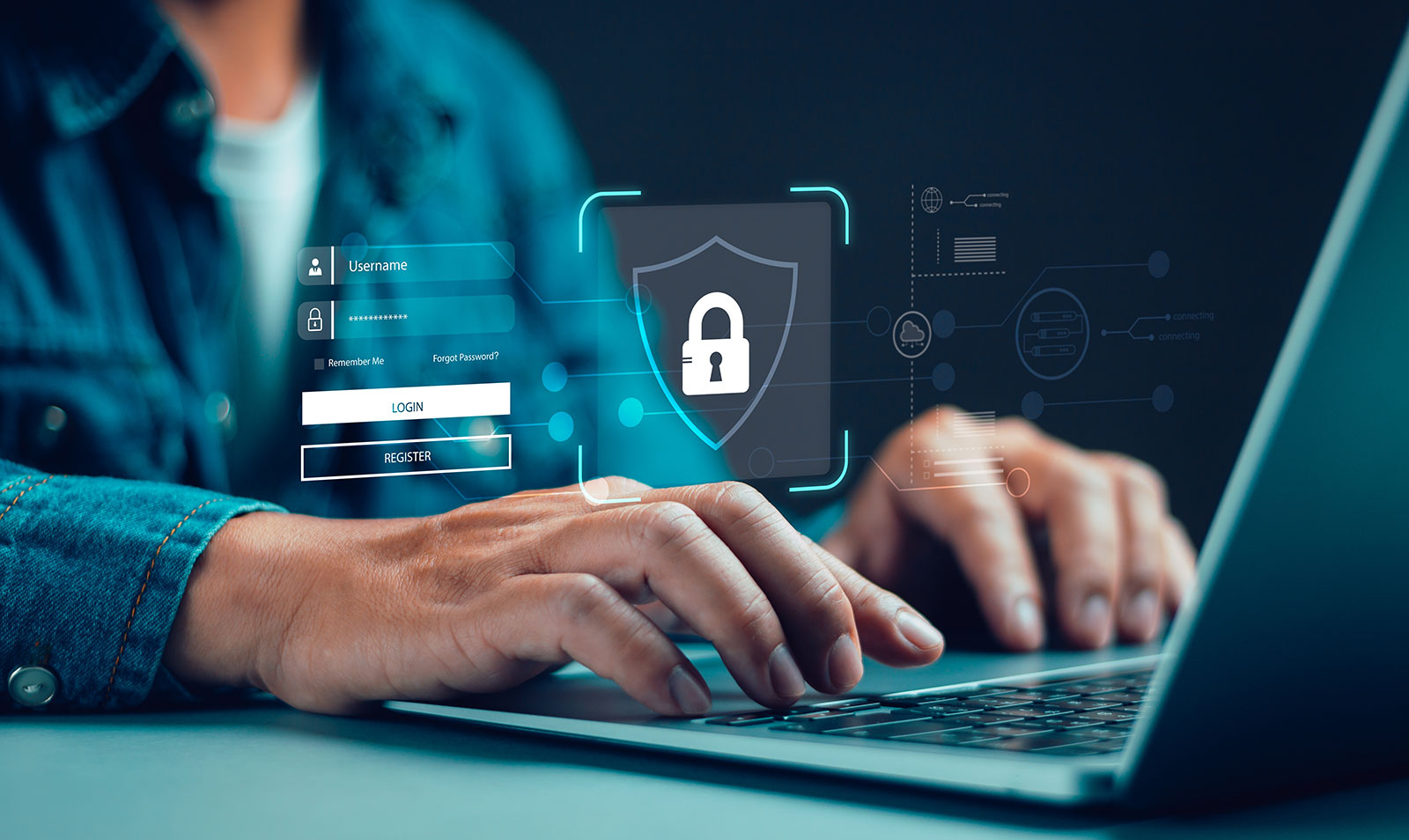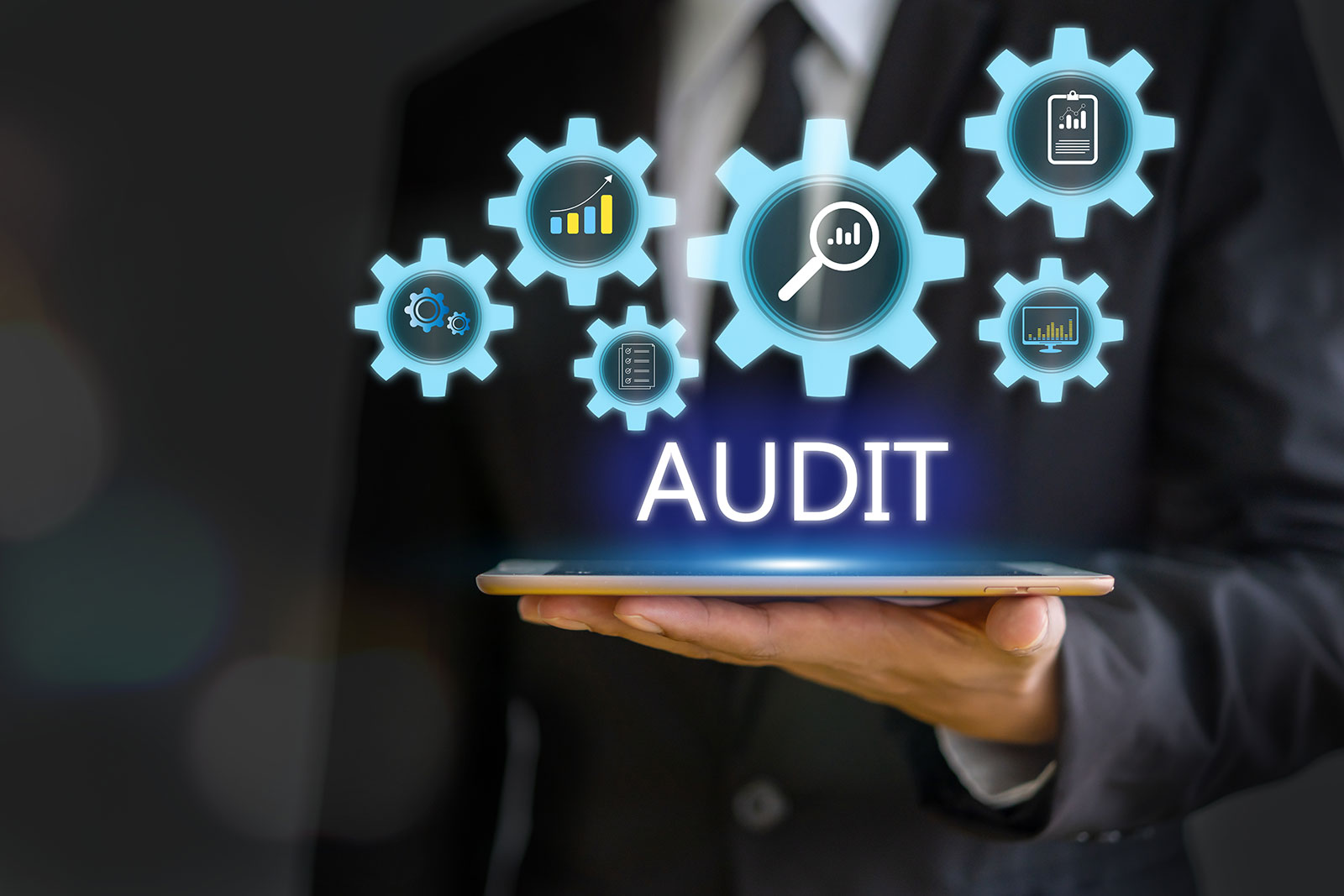Anti-Money Laundering and Compliance Services
AML | KYC | CFT | Sanctions Compliance
- home
- Risk Consulting
- Anti-Money Laundering and Compliance Services
AML Framework Development
Developing a robust AML framework is the cornerstone of an effective compliance strategy. At Adepts, we help organizations design and implement frameworks that align with the latest regulatory requirements, ensuring comprehensive protection against money laundering threats.
- Risk Assessment: Conducting thorough risk assessments to identify vulnerabilities in your organization’s operations.
- Policy Development: Drafting AML policies that meet international standards such as FATF, Basel III, and local regulatory requirements.
- Employee Training: Providing specialized training programs to ensure that your workforce is well-versed in AML protocols.
- Transaction Monitoring Systems: Implementing technology-driven solutions for real-time transaction monitoring and anomaly detection.
- Regulatory Reporting: Assisting with regulatory filings and reporting to ensure compliance with jurisdiction-specific requirements.

KYC Implementation
Streamlined KYC processes are essential for reducing onboarding times, enhancing customer experience, and ensuring compliance. Adepts leverages advanced technology to deliver standardized, automated, and effective KYC solutions.

- Customer Verification: Automating customer due diligence (CDD) and enhanced due diligence (EDD) processes.
- Document Authentication: Utilizing advanced tools to verify and authenticate customer-provided documentation in real-time.
- Customer Risk Profiling: Implementing algorithms to assess customer risk levels based on various criteria such as transaction history, geography, and industry.
- Continuous Monitoring: Integrating systems that provide continuous monitoring and periodic review of existing customers.
Sanctions Screening
Non-compliance with sanctions laws can lead to severe penalties and reputational damage. Adepts provides cutting-edge sanctions screening solutions to ensure your organization complies with global sanction regimes, including OFAC, UN, EU, and local jurisdictional requirements.
- Automated Screening: Deploying real-time screening tools to identify high-risk entities and transactions.
- Data Management: Maintaining up-to-date sanctions lists and integrating them with your compliance systems.
- Reporting: Delivering detailed reports to facilitate regulatory filings and audits.
- False Positive Reduction: Utilizing AI-driven tools to minimize false positives and improve operational efficiency.

Countering the Financing of Terrorism (CFT)
CFT compliance requires meticulous tracking and reporting of suspicious activities. Adepts ensures your organization is equipped to meet these requirements effectively.

- Threat Assessment: Identifying and mitigating risks associated with terrorism financing.
- Monitoring and Reporting: Setting up automated systems for the detection and reporting of suspicious transactions.
- Policy Integration: Aligning CFT policies with AML and sanctions frameworks for comprehensive compliance.
Benefits of Partnering with Adepts
Compliance Excellence
Adepts ensures your organization meets global and local standards, including FATF recommendations, EU directives, and jurisdiction-specific regulations.
Risk Mitigation
Proactively identifying and addressing financial crime risks reduces the likelihood of regulatory fines and reputational damage.
Enhanced Operational Efficiency
Our technology-driven solutions streamline compliance processes, allowing your organization to focus on its core business activities.
Customer Trust
A robust AML and compliance framework fosters trust among customers and stakeholders, enhancing your organization’s credibility.
Why Choose ADEPTS





















